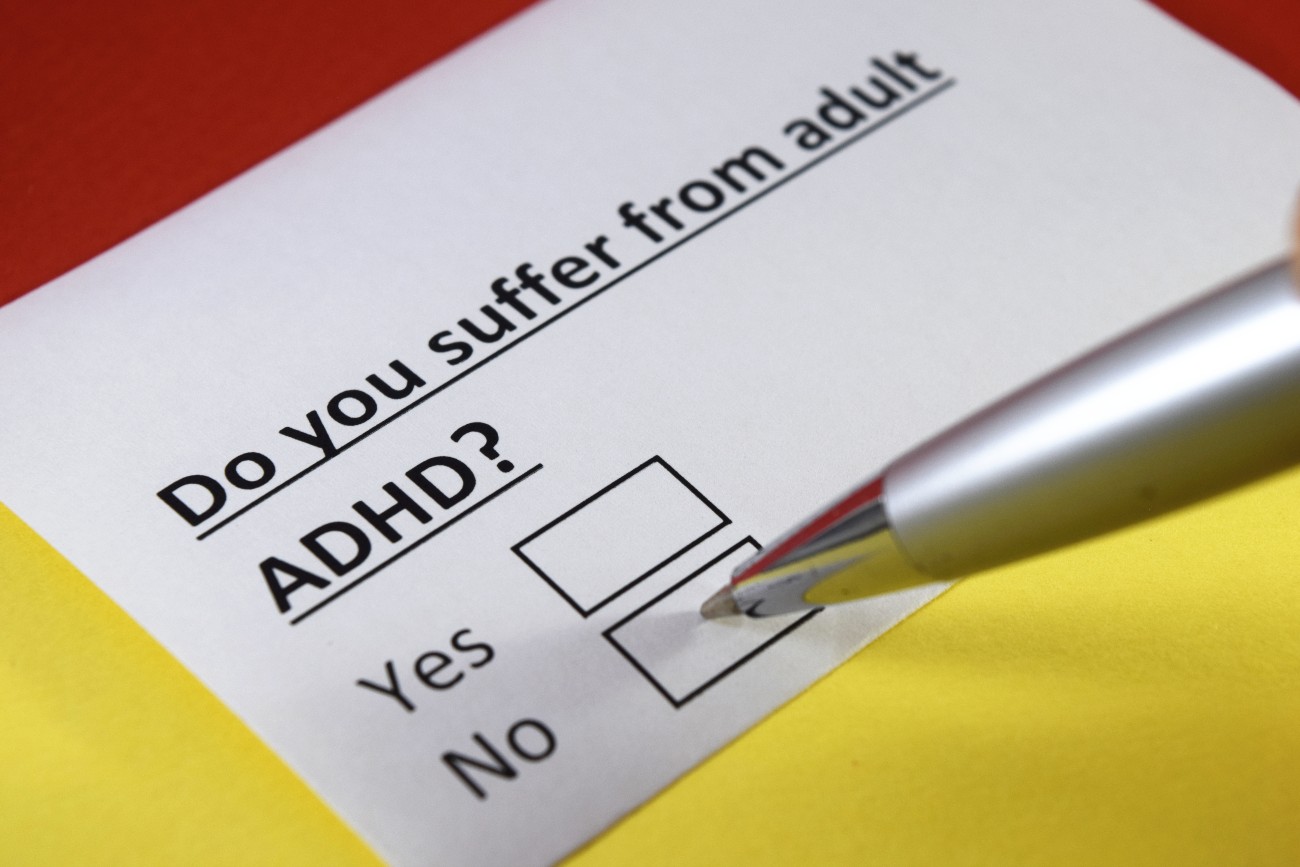Millions of kids in the U.S. are diagnosed with attention deficit hyperactivity disorder (ADHD), but did you know it’s something adults can be diagnosed with too? Around four to five percent of U.S. adults have ADHD. This means they also experienced symptoms as a kid, but the disorder wasn’t recognized or diagnosed until they reached adulthood. You can find out how ADHD is diagnosed in adults by talking to your doctor or searching online.
There are various symptoms with this lifelong disorder that adults must learn how to manage and live with. To learn about the various symptoms related to ADHD, start a search online.
Here’s what you should know about ADHD in adults.
Symptoms of ADHD in Adults
While ADHD symptoms may be noticed most clearly in school work for children, the equivalent for adults would be around work and daily activities of living. Adults may also be more able to cover up or make excuses for their symptoms.
The main symptoms for ADHD are hyperactivity, inattention, and impulsiveness. Common signs of impulsivity include interrupting others, being socially inappropriate, rushing tasks, or acting without concern for consequences. Some people may have all three, while others may only have one or two.
Other symptoms for ADHD in adults include:
- Lack of focus
- Hyperfocus
- Disorganization
- Time management problems
- Forgetfulness
- Poor self-image
- Lack of motivation
- Restlessness and anxiety
- Fatigue
ADHD also has the power to trigger different types of mental health problems. For example, people may quickly go from experiencing emotional highs to emotional lows. This in combination with other symptoms can potentially lead to strains in personal and professional relationships. Adults with ADHD are also more likely to have alcohol, tobacco, or drug substance issues.
Many symptoms of ADHD can lead people to neglect their health in the form of poor diet and lack of exercise. It may also lead to more dangerous forms of neglect if someone were to forgo taking important medication.
There’s a wide spectrum of ADHD symptoms, meaning everyone’s experience with this disorder is different. If you think you’re experiencing symptoms, then see your doctor for testing and diagnosis.
How ADHD is Diagnosed
There are different types of health professionals that can diagnose ADHD. Talk to your doctor and see if there is a psychiatrist, clinical psychiatrist, or other doctor who specializes in ADHD who you can see to better understand where your symptoms are coming from. You will likely undergo some testing and exams to make that happen.
A combination of three methods may be used to diagnose ADHD:
- Physical exam
- Information gathering
- ADHD rating scales or psychological tests
The doctor will ask about your symptoms and learn more about your health history. They will work to ensure your ADHD symptoms are not being mistaken for something else. Other medical conditions that can mimic the effects of ADHD include anxiety, depression, seizure disorder, or thyroid problems.
After examining your symptoms, behavioral habits and exploring any clues from childhood, the doctor will find out if your symptoms are making some type of impact on your life. Adults must meet a certain threshold of symptoms over the past six months for an ADHD diagnosis. This will also give you a better idea of how much the disorder has an impact on your life.
Living With ADHD
Since there is no cure for ADHD, those who are diagnosed must learn how to live with the disorder. Adults and children have similar coping or management strategies. Treatment should start by identifying the parts of life that are more impacted by symptoms. From there, behavioral management techniques or medication may be recommended.
There are medications that can improve symptoms of ADHD. Medication can directly affect certain neurotransmitters that affect attentional and behavioral symptoms. Some examples include psychostimulants, atomoxetine, non-stimulants, and antidepressants. Patients may have to go through a trial run of various drugs to find one that works best on their symptoms.
Therapy can be very helpful for people trying to understand their condition and overcome difficulties in everyday life. While medication is used to treat symptoms, cognitive behavior therapy helps you develop the habits and skills necessary for self-managing ADHD. Therapy can especially be helpful for people also experiencing anxiety, depression, or other mental disorders.
ADHD is a lifelong disorder people must learn how to live with. It can also be something that goes undiagnosed in adults. If you’re experiencing any of the symptoms, see your doctor. The sooner you’re given a proper diagnosis, the sooner you’ll be able to implement treatments and improve your lifestyle.
